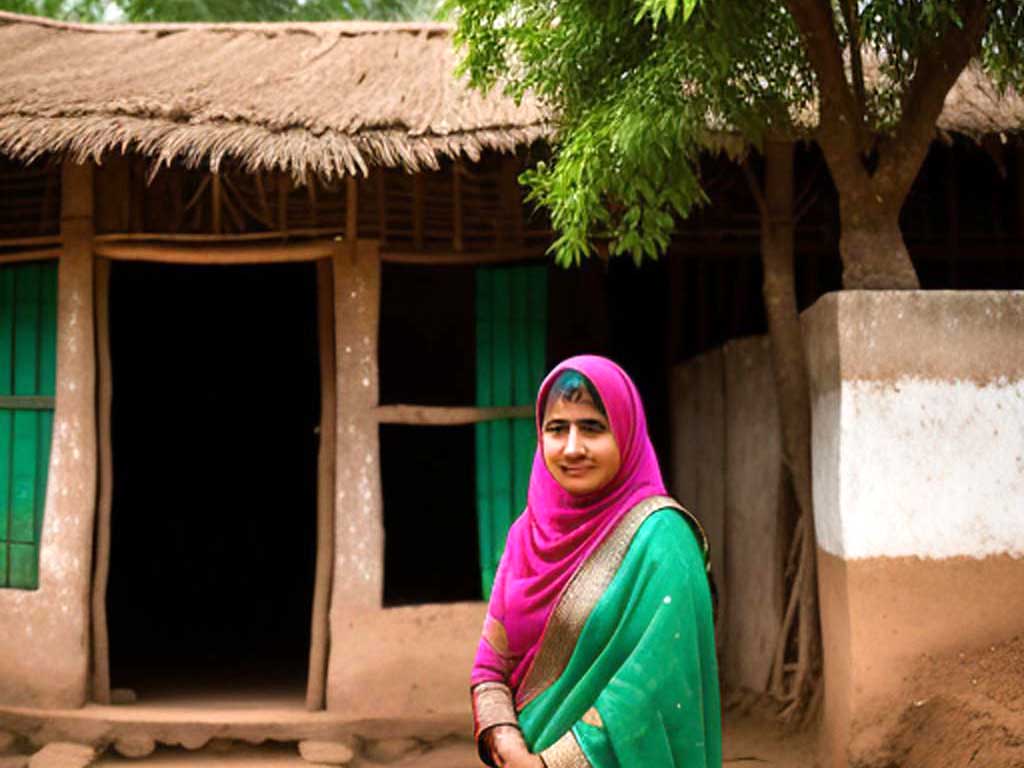Legal Aid for Josna

Changing lives through Legal Aid: Josna Begum’s story of hope and support
Legal Aid for Josna: Josna Begum, a mother of three children, was divorced by her husband Haroon Mallick and living inhumanely. She was struggling with alimony for her children. There was no support for the children from her ex-husband. His life changed when he learned about Legal Aid for Josna, a legal camp organized by the Community Legal Service Center (CLSC) of FAIR on February 16, 2015, at Ward No. 15, Khulna City Corporation.
Josna joined the legal camp and filed a complaint with CLSC seeking legal assistance for her Children’s maintenance. CLSC registered its complaint and sent a letter to Haroon Mallick to appear in arbitration to resolve the issue.
But Haroon was not present on the arbitration day. A few days later, Josna told the CLSC that she had remarried Haroon and asked for their cooperation in finding a perfect solution.
CLSC negotiated a settlement between Josna and Harun where Harun agreed to pay all maintenance costs of the Josna family and give wife status to Josna. Josna was delighted to be reunited with her husband as a result of the legal initiative and expressed her gratitude to CLSC for their legal support.
He believes that without the support and cooperation of CLSC, he would not have been able to find a solution to this problem. Harun thanked CLSC for their help and said their bond is stronger than ever.
Josna’s success story is a testament to the importance of free legal aid for josna services and how they can change people’s lives. He hopes that FAIR will continue to provide such services so that more helpless people like him can get solutions to their legal problems.
Note that FAIR, a rights-based development organization, is implementing the Making Women’s Legal Right a Reality in Bangladesh project in Khulna with the financial support of the Community Legal Service Project (UK Aid) in partnership with Bangladesh National Women Lawyers Association (BNWLA). The Projects provide free legal aid to victims of violence, especially women, children, ethnic minorities, Dalits, and the poor.
